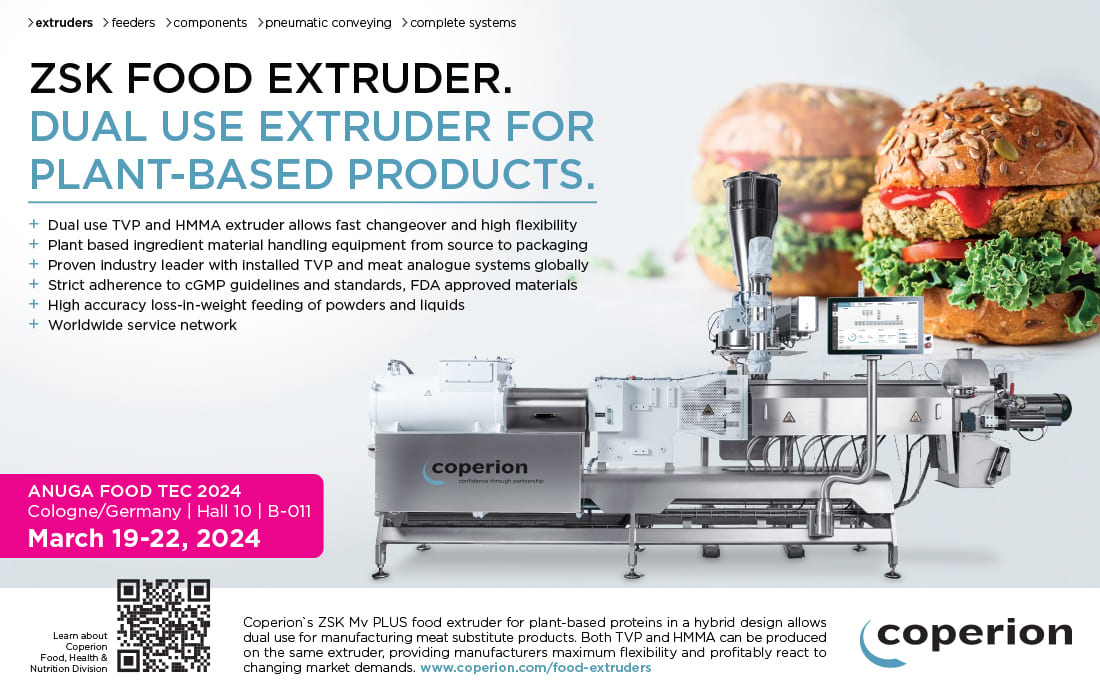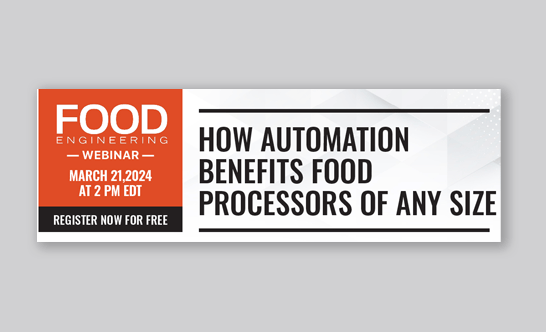Alternative Protein
Growth of alternative protein products is really only just getting started, and products derived from mycelium prove that these alternatives can have staying power.
Mycelium-based Foods
Rediscovering
A lot has been made about the up and down popularity of alternative protein brands like Impossible Foods and Beyond Meat, namely that it’s a fad. Critics will point to the stock prices of those and similar publicly traded companies as proof that consumers aren’t going to completely replace animal-based proteins with plant-based proteins, but was that ever the objective of those companies, or was that something ascribed to them by people on the outside? Regardless of one’s thoughts about whether or not certain alternative protein products were meant to fully replace animal-based proteins, the fact remains that proteins derived from sources other than animals are currently on store shelves—and some have been on shelves longer than people may realize.
The alternative protein space has, despite negative press, been growing. MarketsandMarkets released a study in January of 2023 that says it expects the plant-based meat market to reach $15.7 billion by 2027. Interest has been enough that Givaudan—which creates flavors and fragrances—and the University of California Berkeley released a white paper at the end of 2023 entitled, "10 Alternative Protein Pathways: Opportunities for Greater Efficiency," which outlines key challenges and opportunities on the journey to "co-create delicious and nutritious alt-protein experiences that delight consumers." The research explores the key challenges the industry faces, such as supply chain issues, resource consumption, production scale-up and competitive pricing. It also offers pathways to help alt-protein producers address these hurdles and maximize efficiency.
MyBacon’s production process uses a fraction of the land, water and carbon required for conventional pork production. Image courtesy of MyForest Foods
by Derrick Teal
Better, more efficient pathways to creating alternative protein products is essential because starting up can be difficult. “Regardless of what you're trying to sell, you have to think about your end game,” says Stephanie Lind, founder & chief business development officer at Elohi Strategic Advisors. “Then you sort of work back from there and know that if you're getting funding, you might have to think about scaling your business one way. If you're going to bootstrap, you're going to think about it another way. And that to me is what makes this space really fascinating.”
Lind says that the types of investors in alternative protein products are unlike other investors she’s come across in food and beverage. The typical investors, consisting of private equity and venture capital firms, have an understanding of the industry. Alternative protein investors, however, don’t necessarily have experience in food and beverage.
“[The alternative protein] space has a lot of people that are coming in that want to support the environment or animal welfare, and so they're bringing money in from overseas; they're bringing money in from tech,” says Lind. “Tech investors tend to have a totally different expectation on rate of return, and that's been part of the challenge. I think those investors haven't always understood how the food space works, and therefore were pushing for growth that just didn't make sense for a food company.”
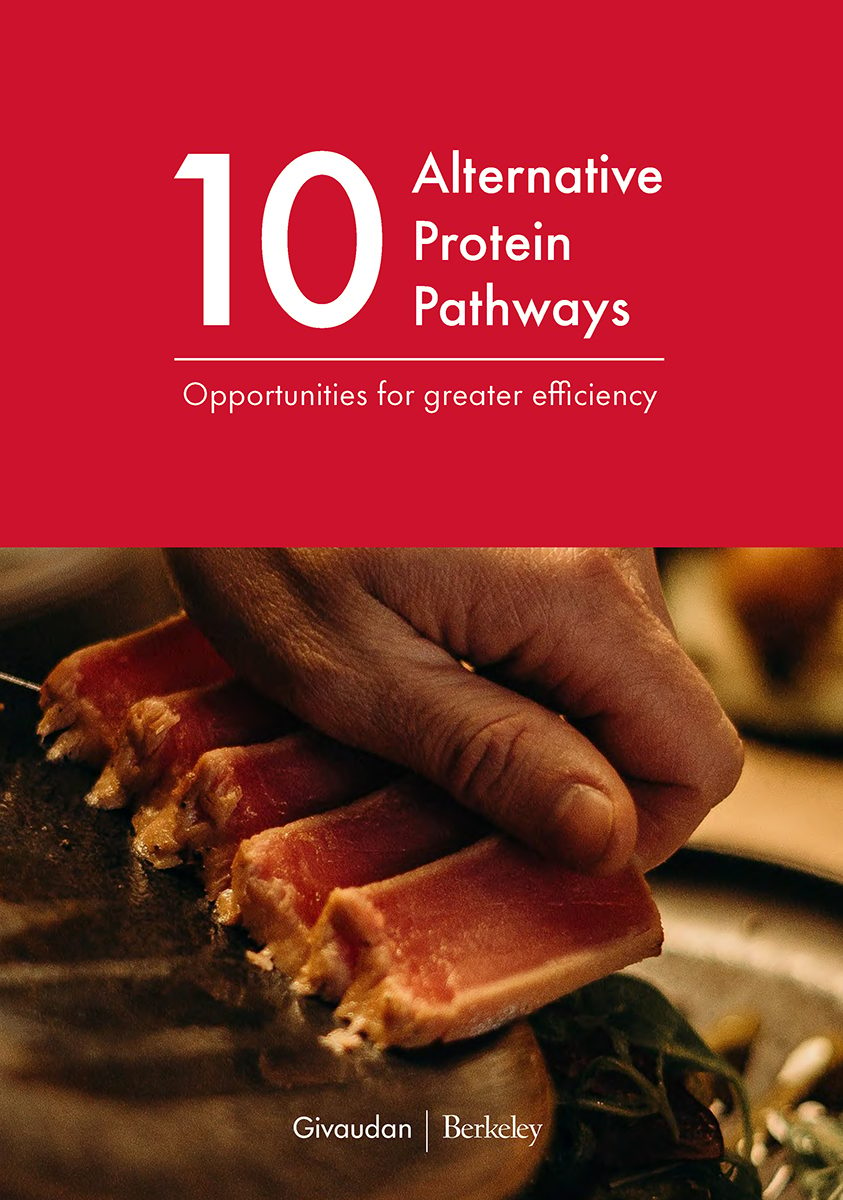
Givaudan and Berkeley’s white paper offers pathways to help alt-protein producers address these hurdles and maximize efficiency. Image courtesy of Givaudan
Lind says that some of the pushes manifest in the form of social media promotions or other short-term decisions that might not be the best for long-term positioning in the food and beverage space. “So there's a big boom that is followed by a subsequent drop off,” she says. “The people that were into [an alternative protein product] for the environmental or health aspects of it or the animal welfare aspect of it will continue to buy the product—but there is this big influx of people that are curious about it but will not repeat buy. That is not what you want to see in a new product.”
This boom followed by a drop off is what investors see, and what gives the impression that a product or company is “failing” or that people aren’t interested. That’s what gets the attention of the media as well, who then share that viewpoint with the public, which then gets back to investors in a sort of echo chamber.
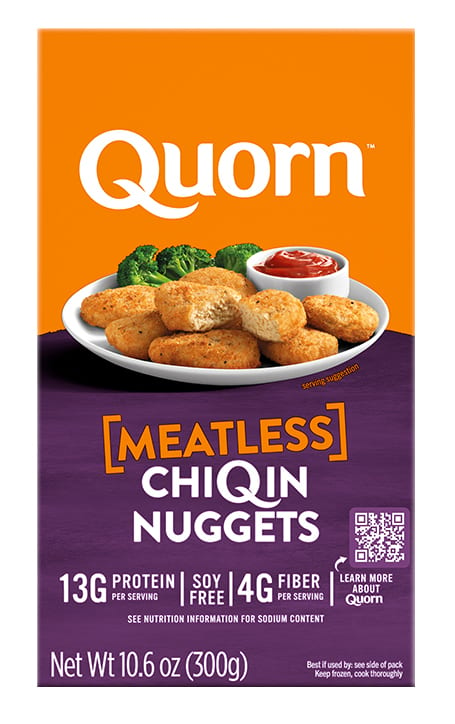
The “OG” Alternative Protein
For all the publicity—including negative publicity—that companies like Beyond Meat and Impossible Foods receive, another alternative protein beat them to chain supermarket shelves by many, many years: Quorn.
Quorn was introduced to the U.S. in 2002, but consumers in the UK had been able to find it on store shelves since 1985. Being a mycelium-based product (all Quorn products contain the company’s mycoprotein, which is derived from the Fusarium venenatum fungus), it predates many, if not all, of the other meatless options available in the U.S. “So the irony is,” says Lind, “that mycelium is actually kind of the OG alternative protein...if you're cool enough to know what that reference means.”
An early challenge for the company was in regard to what messaging could and couldn’t be conveyed to consumers—mycelium is the root of a fungus, so calling it “mushroom-based” was technically a no-go—but the furor over that died down possibly because of the relative newness of social media and a lighter PR campaign that allowed Quorn to, relatively speaking, fly under the radar compared to what we've seen recently with other brands. However, it highlights an issue in the alternative protein space regarding consumer education. For example, the MarketsandMarkets study referenced earlier lists plant-based meat products as containing primary ingredients like “legumes, grains, soy, peas, mushrooms and other plant-derived proteins.” But as Monde Nissin, Quorn’s parent company, discovered, specificity counts.
There was a time when finding a meatless option that mimicked meat was more difficult than it is now. Quorn was one company that offered a meatless alternative. Image courtesy of Monde Nissin
“To me, the biggest challenge is how do you explain what a product is and not dumb it down for the consumer?” says Lind. “You want the product to get credit for all the great things that it can do nutritionally without getting dragged down the weird rabbit hole of, ‘But it's fungi and that's not really a plant,’ because that's what can happen.”
Other companies have since entered the mycelium development space, and their proliferation can help in consumer awareness. Players like Meati Foods and MyForest Foods are in the process of taking their operations to scale.
Meati Foods, for example, opened a facility the company calls the “Mega Ranch”—which is FE’s 2024 Sustainable Plant of the Year. This 100,000-sq.-ft. facility contains Meati’s 25,000-liter fermentation tanks, with the goal of producing tens of millions of pounds of mycelium products—putting its production on a scale to match, or even exceed, that of the largest animal-based ranches in the U.S. The company says that a teaspoon of spores is capable of growing into the equivalent of hundreds of cows’ worth of protein in just a few days. The vertically integrated approach at the facility allows for the growing, harvesting, processing and packaging of Meati products under one roof.
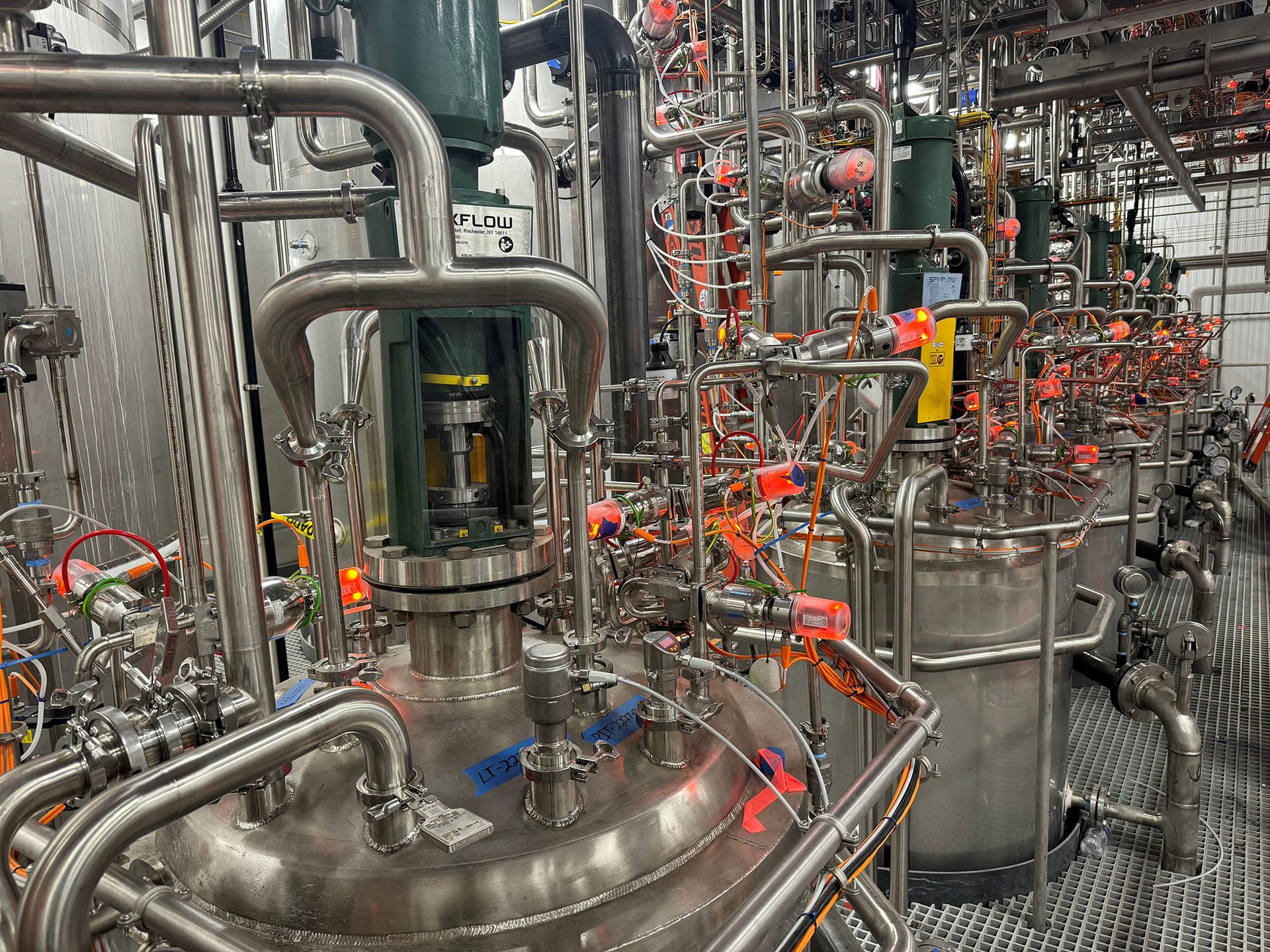
Meati is using 25,000-liter fermentation tanks with the goal of producing tens of millions of pounds of mycelium products. Image courtesy of Dennis Group
The Colorado company saw demand for its products increase after first being introduced to the Denver area in 2020. To accommodate the growth, the Mega Ranch houses 25,000-liter tanks, and most of the company’s equipment is completely customized due to the unique nature and sensitivity of the product. With some trial and error, the best solution for those needs was found by borrowing pieces from a variety of traditional applications in other food segments, such as cheese or bakery.
“The next few years will see a seismic shift in how we eat,” says Fazeela Abdul Rashid, partner at Revolution Growth and member of the Meati Foods board, “and Meati’s state-of-the-art, scalable production capabilities coupled with its focus on meeting consumer needs for clean, whole-food protein make it clear they are positioned to lead.”
MyForest Foods, another company focused on mycelium food products, announced in June of 2023 that it had raised $15 million in Series A-2 funding to support its next chapter of growth and further bring its hero product, MyBacon, to more consumers.
The company said that the majority of the proceeds would be used to support MyForest Foods’ retail growth and foodservice presence as it expands its footprint across the Eastern Seaboard, including New York City. MyBacon is now commercially available at multiple Fairway Market and Gourmet Garage store locations throughout Manhattan.
“The plant-based category is at a unique inflection point, where only the most promising and delicious innovations will thrive. I believe MyForest Foods has met this call with its unique MyBacon offering,” says Gary Hirshberg, cofounder of Stonyfield Farm and MyForest Foods board member. “The company is scaling its operations to meet consumers’ growing demand. With this additional investment, it will expand its market presence, attract new retailers and educate customers about the power of mycelium.”
To oversee the growth, MyForest Foods hired Greg Shewchuk as its new chief executive officer, who has had stops at Campbell Soup Company, Mead Johnson Nutrition, Mondelēz International, Cadburys Schweppes PLC and Unilever. “There’s a reason why MyBacon was recognized by TIME and Fast Company as one of the most innovative food inventions on the market today,” Shewchuk said at the time. “With this new funding and renewed commitment from our investors, my goal is to double down on our marketing and sales functions to take the MyForest Foods brand to the next level.”
MyForest Foods’ mycelium farm, Swersey Silos, has rapidly scaled production since opening its doors in July, 2022. The team is also in the process of launching a second farm in Canada with Whitecrest Mushrooms Ltd. On February 12, 2024, the company revealed that MyBacon would be available at 57 Whole Foods Markets across the Northeast, marking added expansion in N.Y., N.J., and Conn. This news came on the heels of an additional retail partner, MOM’s Organic Market, increasing its availability throughout Pa., Md., Va., and D.C. With these additional partners, MyBacon is now available in more than 350 locations across nine states in the Northeast (as compared to 50 stores last year).
New companies are entering the alternative protein space, even if Wall Street may think the profitability of those companies is limited. From a certain point of view that might be true, but others with experience in the industry might recognize that a long game is needed with any food and beverage product instead of a quick ROI. FE

